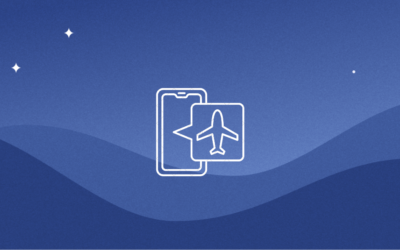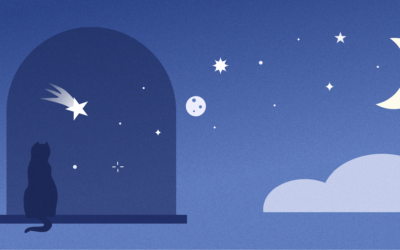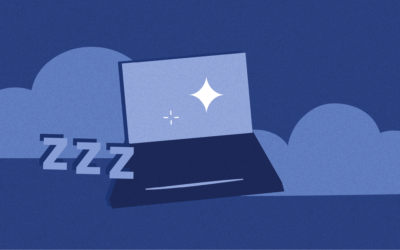Having a good quality night’s sleep has become a privilege to a lot of people nowadays. More and more of us are becoming occupied with our jobs, forgetting that our health is in the first place.
To stay healthy, we need a couple of things, such as a good quality sleep every night, proper nutrition, and moderate exercise. In this new and modern world, people are taking sleep for granted. We’re here to show you why sleep is important and why we shouldn’t neglect it.
Having sleep disorders has become more common than ever. Did you know that more than 1.2 billion people worldwide have a variety of sleep issues? Only in the US, between 50 and 70 million people suffer from a chronic sleep disorder. The most common sleeping issues are sleep apnea, insomnia, narcolepsy, and sleep issues related to snoring and bruxism.
Table of Contents
How Technology Affects Sleep?
ALAN (Artificial Light At Night Effects) means that you’re using cell phones, tablets, laptops, or other tech devices right before going to bed. The blue light from the screens affects the level of melatonin, which is in charge of our body clock. For this reason, we can’t get a good, continuous night sleep.
ALAN also has negative impacts on:
- sleep disorders
- negative emotions
- morning attention abilities
- body thermoregulation
- circadian clock.
However, not all tech devices are bad for our sleep. Some of the newest tech innovations were created to help overcome sleep issues. Somnox created a Sleep Robot that helps you relax by simulating breathing to improve your sleep.
The Right Amount of Sleep
A 2018 study shows that the ideal length of night sleep is between six and eight hours. Many people don’t get the recommended hours because our lives are just too busy. However, sleeping less, or even more than the ideal length for your age and sex can even lead to obesity, diabetes, inflammation, and cardiovascular disease.
Here are some tips and tricks on how to be continuous with your sleep:
- turn off screens at least an hour before going to bed, and try to avoid sleeping in the same room with tech devices
- make a schedule with your plans during the day and try to stick to it
- avoid heavy and spicy food at least 2-3 hours before going to bed
- avoid caffeine after 3 pm
- limit alcohol and cut out cigarettes
- drink enough water
Myths About Sleep
- Snoring isn’t harmful. Snoring can actually be very harmful. It can be a sign of sleep apnea that is associated with other medical problems.
- Daytime sleepiness. Daytime sleepiness can be a sign of an underlying medical condition or a sleep disorder, such as narcolepsy and sleep apnea.
- Don’t wake up a sleepwalker. Waking up a sleepwalker isn’t dangerous or harmful, but you can make them nervous or angry.
Bottom Line
Sleep is very important, and we should learn to take good care of it. If you want to become an expert and learn more about sleep, check out the infographic below.
This post was written by Dr. Nikola Djordjevic, M.D.



